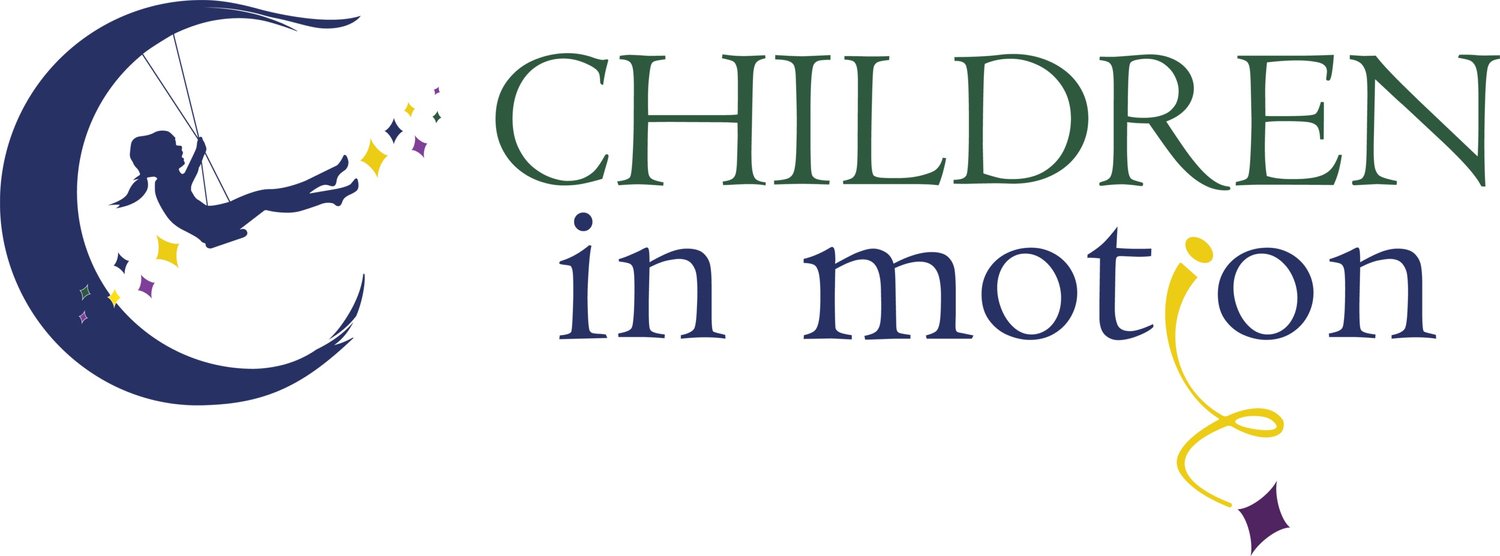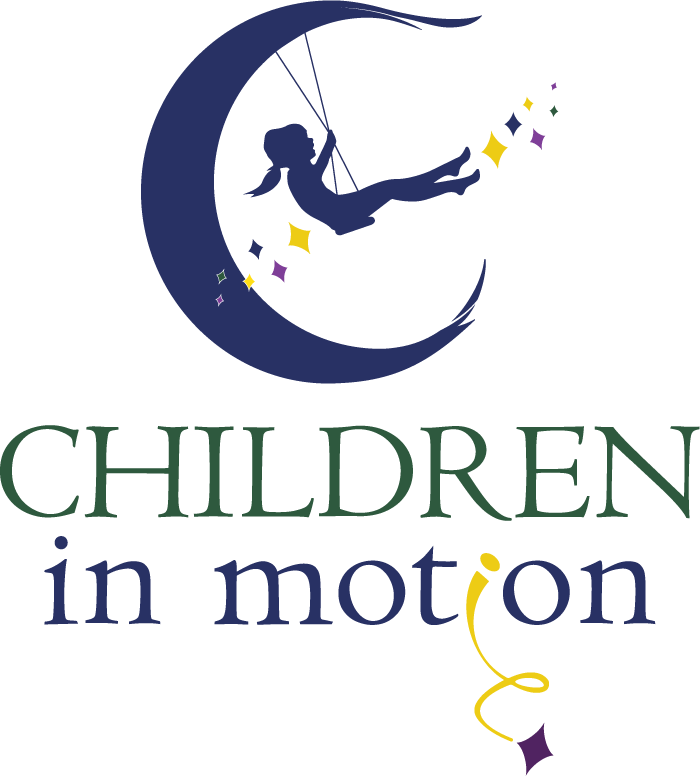Early Speech Milestones: A Guide for Parents from a Speech-Language Pathologist
Article by Maren Mabey, CCC-SLP
Understanding the Journey of Your Child’s Speech and Language Development
Speech-Language Pathologists (SLPs), have the privilege of guiding children through their journey of speech and language development. This fascinating process begins long before a child says their first word. As parents, being aware of these milestones can help you support your child's development and recognize when professional help may be needed.
The Foundation: Pre-Verbal Skills
Pre-verbal skills are the building blocks of communication and they start developing right from birth. These include:
Eye Contact and Attention: By 2-3 months, babies begin to make eye contact and pay attention to faces and voices.
Babbling and Sound Play: Around 4-6 months, infants start to babble, playing with sounds and eventually forming syllables like "ba-ba" or "da-da".
Gestures and Pointing: By 9-12 months, children use gestures like pointing or waving 'bye-bye' to communicate wants or interests.
Articulation and Clear Speech
Articulation, or the physical production of sounds, is a key component of speech development.
Early Sounds: From 12 months, children typically begin to produce a variety of sounds and simple word forms like "mama" or "dada".
Increasing Clarity: By 2-3 years, a child’s speech should be clear enough that strangers can understand most of what they say, even though some sound errors may persist.
Developing Language Skills
Language skills involve understanding (receptive language) and using (expressive language) words and sentences.
First Words: Around 12-18 months, children start using single words purposefully.
Combining Words: By age 2, children begin to combine words into short phrases like "more juice" or "mommy go".
Vocabulary Explosion: Between 2-3 years, children experience a rapid increase in vocabulary and begin to form more complex sentences.
When to Seek Services from a Skilled Professional
While each child develops at their own pace, there are key indicators that suggest it might be time to consult an SLP:
Limited Babbling: By 7-8 months, if your child is not engaging in a variety of babbling sounds, it may be a sign to seek advice.
Few Words at 18 Months: If your child is not using at least 20 words by 18 months, consider a consultation.
Difficulty Understanding Your Child: If by age 3, others find it hard to understand your child or if your child is not using sentences, it's important to seek an evaluation.
Frustration or Behavioral Issues: Children who struggle to communicate may exhibit frustration or behavioral issues. This is a key sign to seek help.
Parental Concern: Trust your instincts. If you are concerned, it's always a good idea to consult an SLP.
Early Intervention: The Key to Success
Early intervention is crucial. The earlier a child with speech or language difficulties receives help, the better the outcome. Speech-language pathologists can provide assessments, targeted interventions, and support not just to the child but also to the parents in facilitating their child's communication skills.
Final Thoughts
Remember, every child is unique in how they develop speech and language skills. Celebrate each milestone and enjoy the journey. As a parent, your role in supporting and nurturing these skills through everyday interaction, reading, and play is invaluable. And when in doubt, don’t hesitate to reach out to a professional for guidance. Children In Motion's speech therapy team is here to help!

